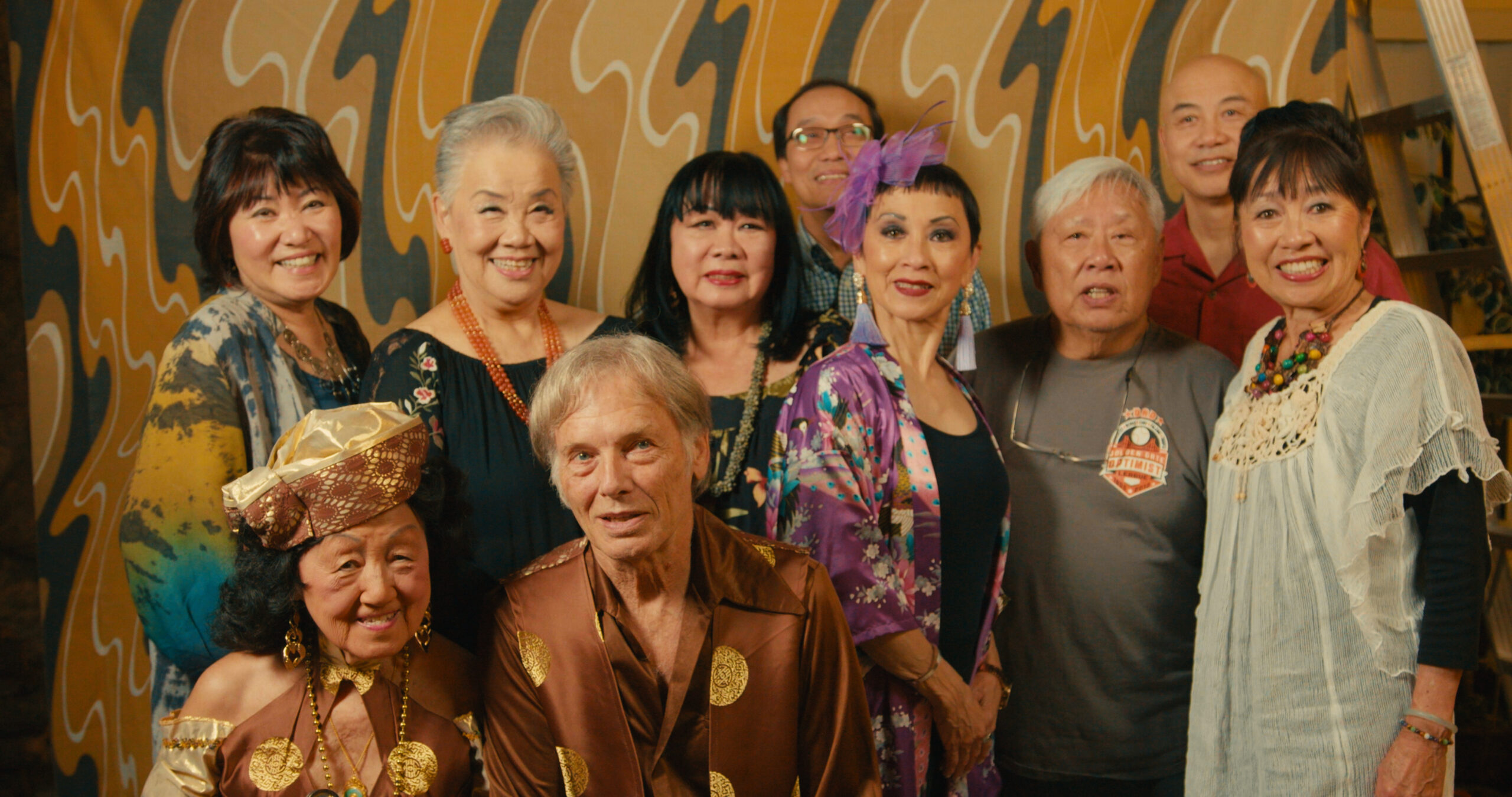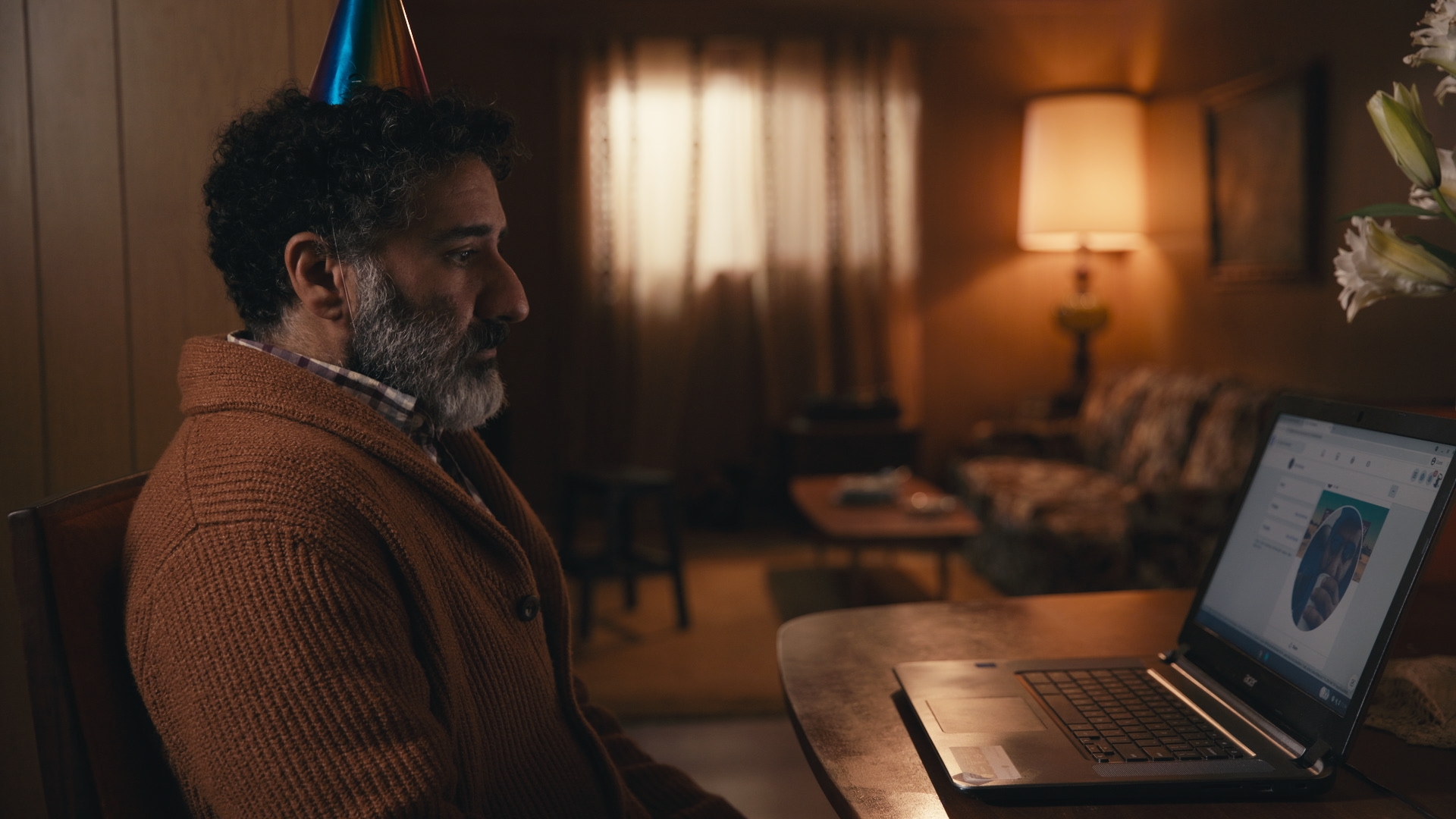SURRENDER: What We Carry and How We Heal
May 27, 2025
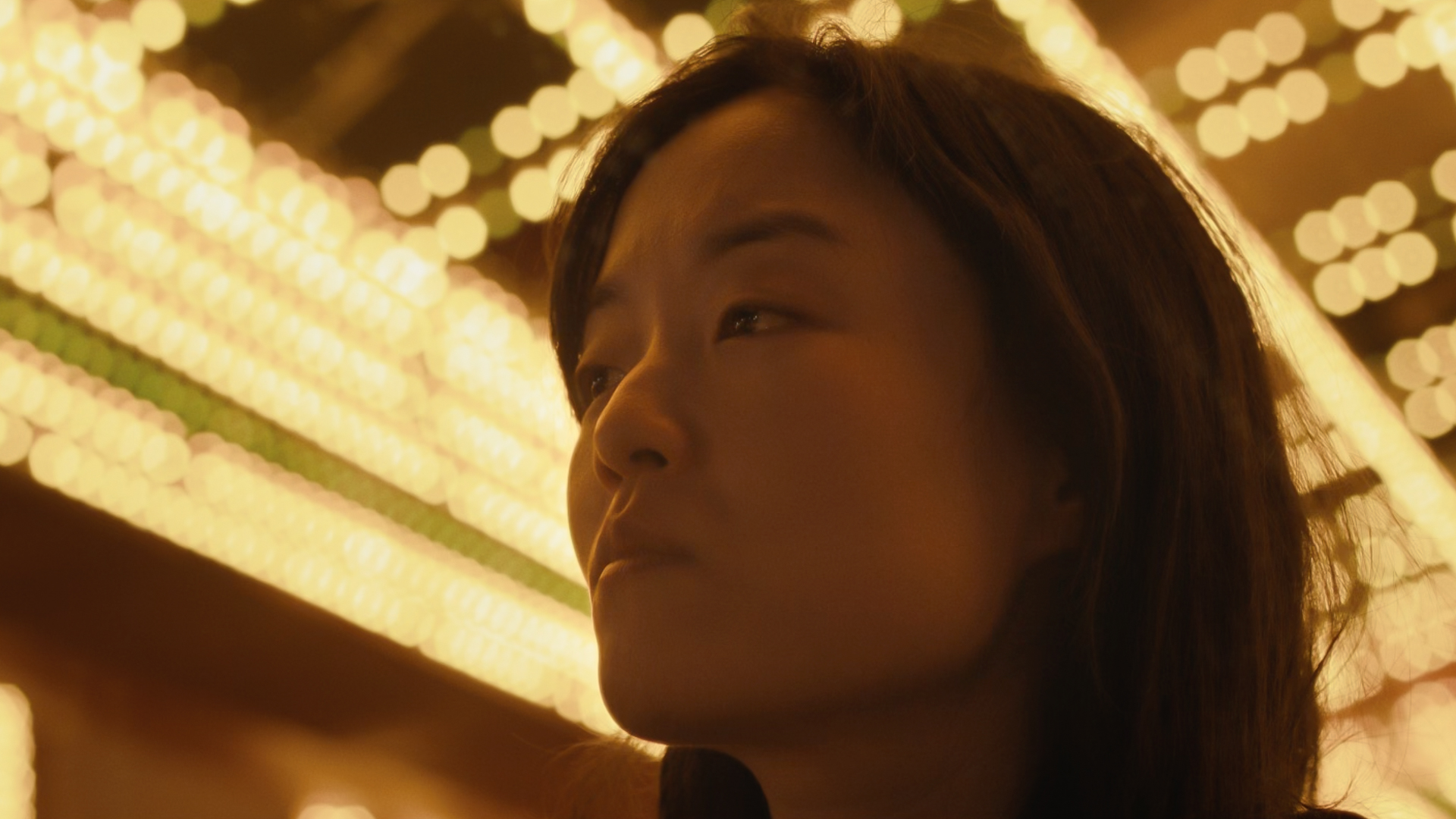
Written by Eseel Borlasa, After Bruce
In Surrender, Jess Dang delivers a courageous and deeply personal feature debut that pulls back the curtain on addiction, caregiving, and the pressure to appear perfect. Expanding upon her acclaimed short film of the same name, Surrender follows Naomi, a high-functioning Asian American woman navigating a hidden gambling addiction while caring for her family and maintaining the illusion of control.
“Surrender is about a young Asian American woman who struggles with a gambling addiction,” says Dang. “We watch how the addiction affects her life — emotionally, relationally, spiritually. It shows the cycle of destruction that addiction can create.”
By day, Naomi is seemingly thriving in her career. By night, she’s consumed by high-limit blackjack, convinced that a big win might lift the financial strain weighing on her family. As her mother quietly cares for Naomi’s grandmother who has dementia, Naomi descends deeper into secrecy, guilt, and self-justification. The tension between outward success and inward collapse forms the emotional spine of the film.
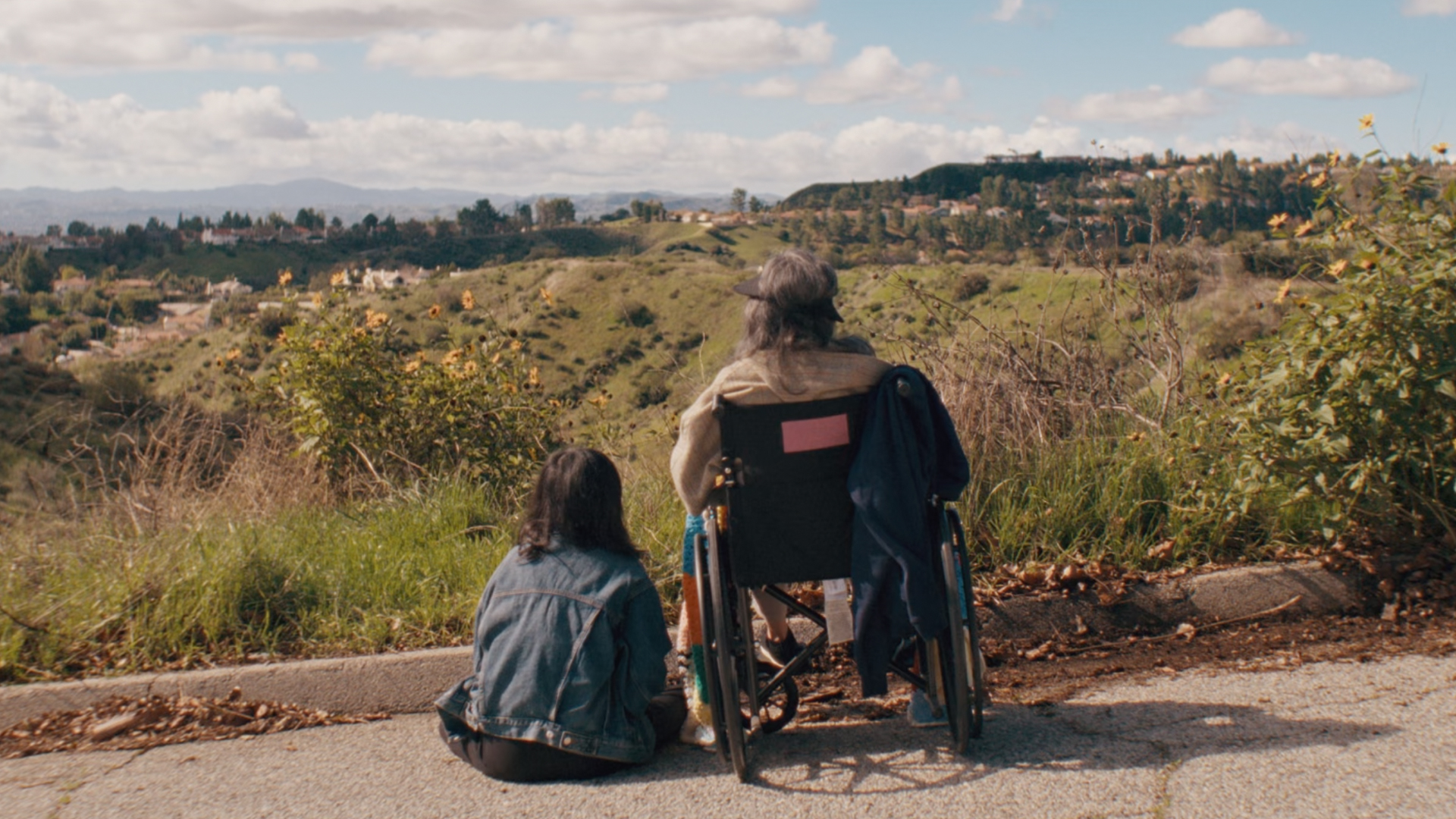 “There’s a fragility when you’re dealing with addiction and its connection to mental health,” Dang reflects. “During development, my team and I were very intentional…not just about the character, but about the accuracy we wanted to bring. We worked with social impact and educational partners to help us stay grounded and respectful.”
“There’s a fragility when you’re dealing with addiction and its connection to mental health,” Dang reflects. “During development, my team and I were very intentional…not just about the character, but about the accuracy we wanted to bring. We worked with social impact and educational partners to help us stay grounded and respectful.”
That commitment extended to the production process itself. The crew participated in morning meditation sessions to create space for emotional reset and hotline information was made available for anyone navigating personal resonance with the material. “I wanted to slow us down, even for a moment,” Dang says. “Staying present was a core value.”
The story’s expansion from short to feature format allowed for a deeper exploration of Naomi’s internal conflict. “The short film focused on Naomi relapsing after 100 days of abstinence. It’s about shame and wondering, ‘is there hope for me?’” Dang explains. “In the feature, she’s high-functioning. She has a job, a girlfriend, and responsibilities. I wanted to challenge the stereotype of what an addict looks like.”
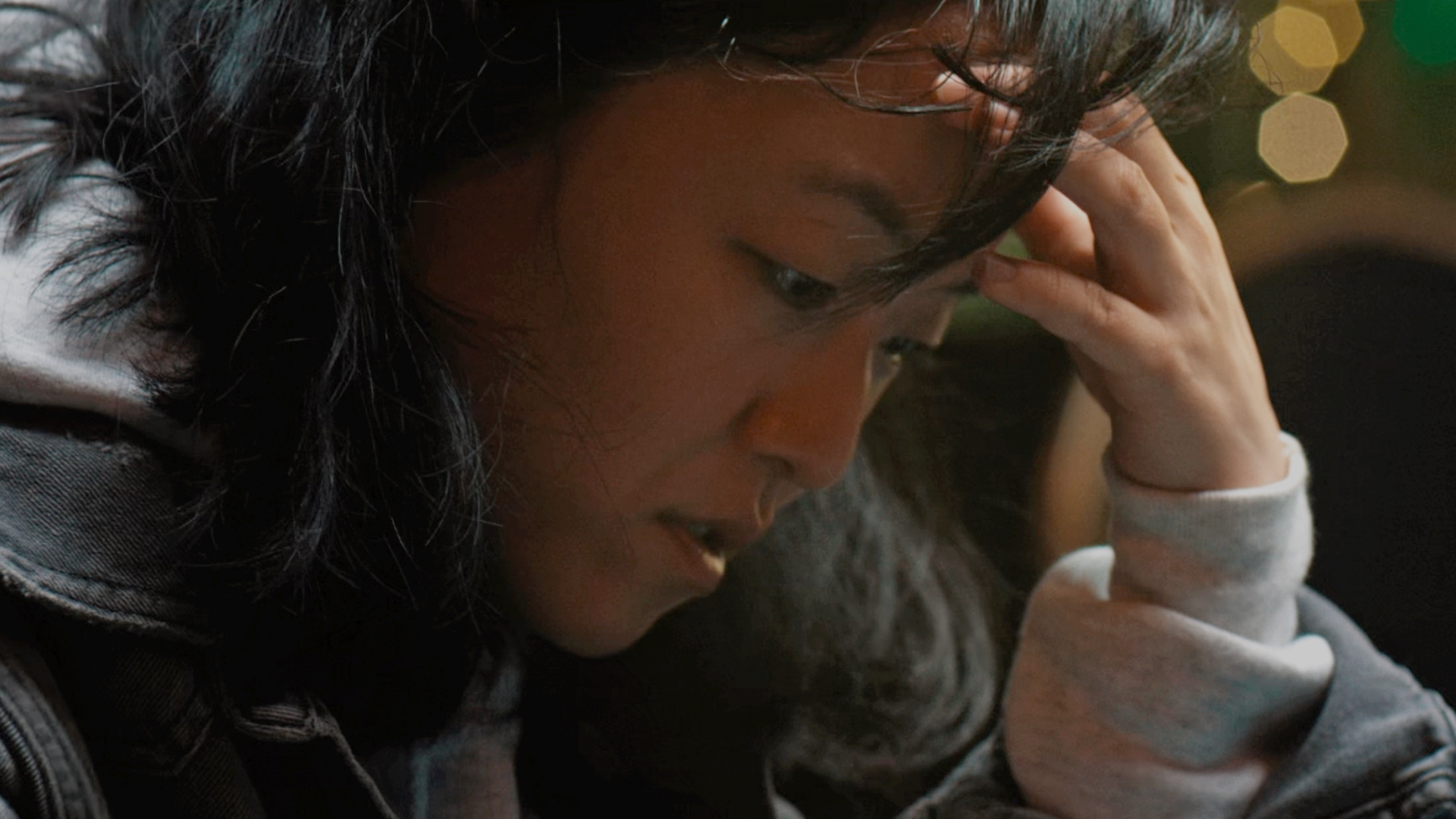
Played with quiet intensity by Andrea Bang (Kim’s Convenience), Naomi is forced to confront how her addiction begins to erode the very life she’s worked to build. “The shift in Surrender is when the addiction starts affecting the parts of Naomi’s life she thinks she can control,” Dang says. “And the question becomes: is she willing to make a different choice?”
What unfolds is not just a psychological drama but a story rooted in real intergenerational dynamics. Dang drew inspiration from her own life; her experiences in recovery and her family’s journey navigating her grandmother’s dementia. “The grandmother storyline is deeply personal,” she shares. “I watched my mom become her primary caregiver during the pandemic. I wove a lot of that into the script.”
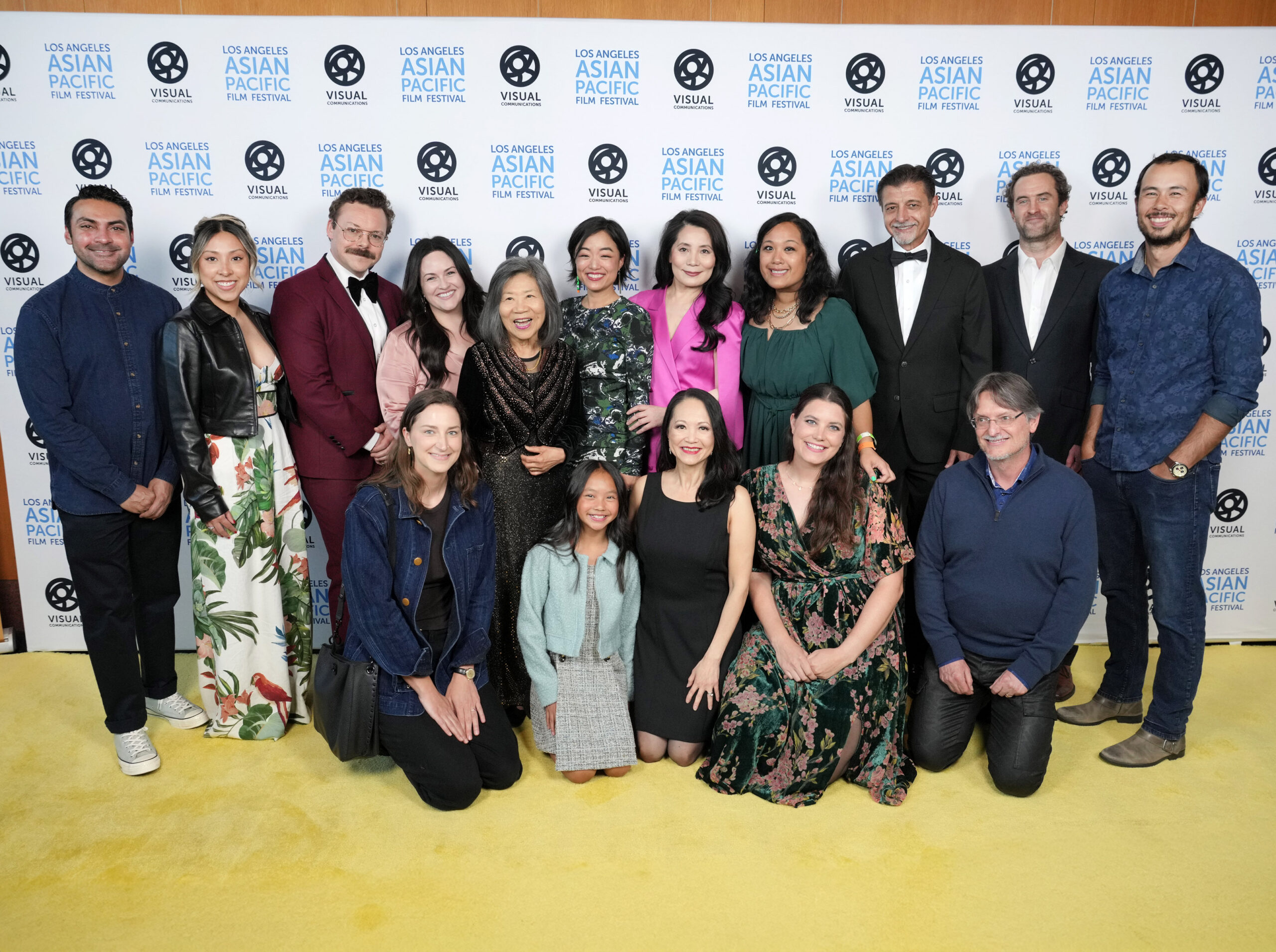
SURRENDER Cast & Crew at the 2025 Los Angeles Asian Pacific Film Festival – Day 1 – SURRENDER World Premiere held at the DGA in Los Angeles, CA on Thursday, May 1, 2025. (Photo By Sthanlee B. Mirador/LAAPFF)
The world premiere at the 2025 Los Angeles Asian Pacific Film Festival marked a full-circle moment. “I’m so thankful to LAAPFF. They were the first to support this feature and also championed the short.” she says. “The feedback was overwhelming. People told me they felt so much during the screening. That’s why we do this.”
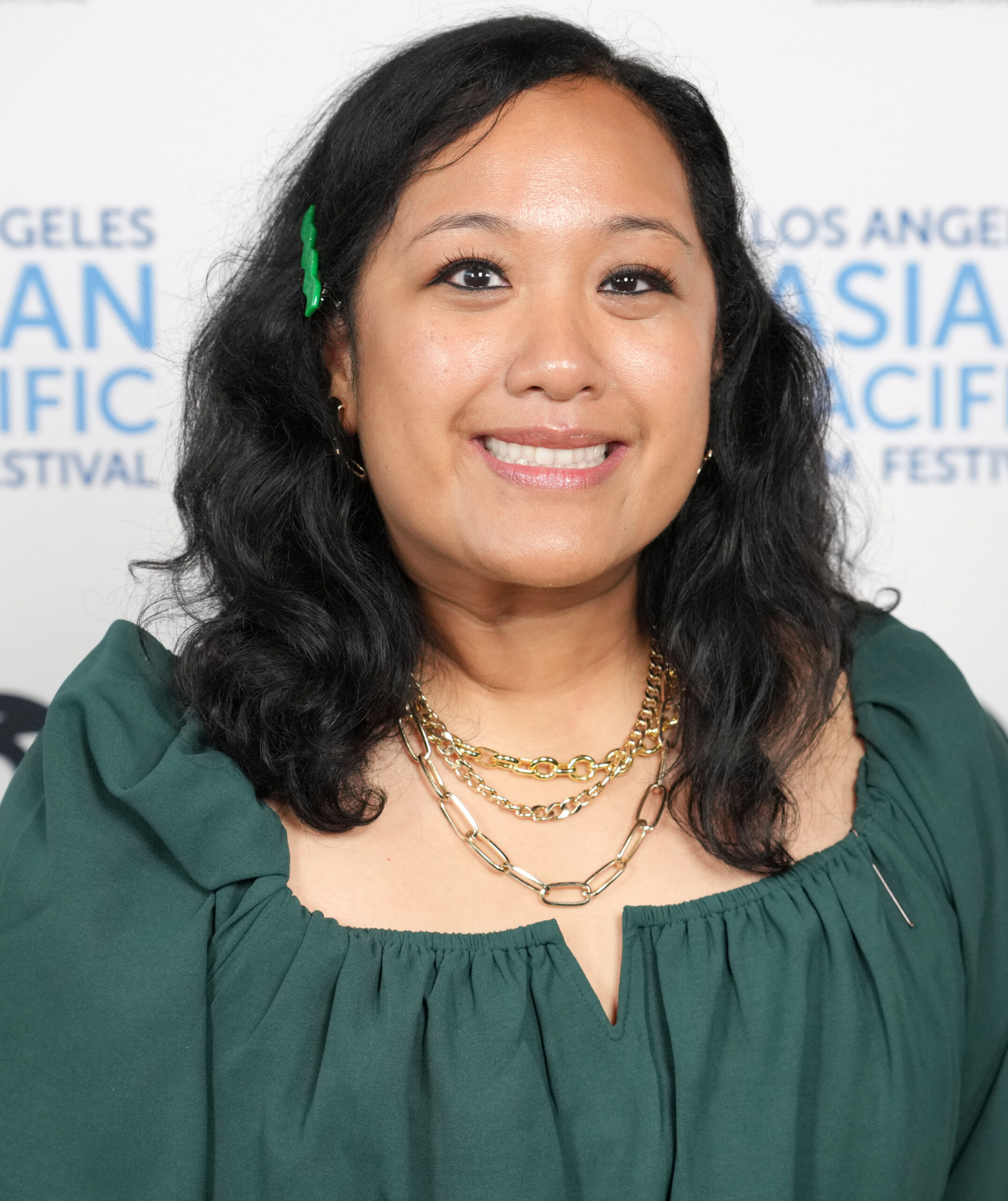
Jess Dang at the 2025 Los Angeles Asian Pacific Film Festival
For Dang, storytelling is not just a creative act, it is a responsibility. “I want to tell stories that spark social dialogue, but I also want to lead sets with empathy,” she says. “It’s never just my vision. It’s about co-creating space for discovery and trust.”
That approach is reflected in how she holds herself as a writer-director. “When I first wanted to write Surrender, I wasn’t yet in recovery. So I waited. I journaled, meditated, and moved my body. I had to hold that duality; this is personal, but it’s now a film.”
Dang also emphasizes the importance of partnership, even at the indie level. She collaborated with UPAC (Union of Pan Asian Communities), a San Diego-based nonprofit with an outpatient program focused on gambling addiction and public health outreach. “We’ve done pop-ups together, including one during Problem Gambling Awareness Month,” she shares. “Some folks had been in recovery for 10-15 years. Others were just starting. It’s powerful.”
Looking ahead, Dang is developing her second feature and a pilot for an episodic series. “I’m asking myself, what stories feel urgent right now? What stories aren’t in the mainstream? I’m trying to push past fear. If something scares me, I want to lean into it.”
For emerging filmmakers, she offers this: “Every ‘no’ is redirection. The right collaborators will say yes to your voice. Don’t change your story just to get funding -tell the one only you can tell. Surrender could only come from me. It took courage to stay with it. But it’s worth it.”
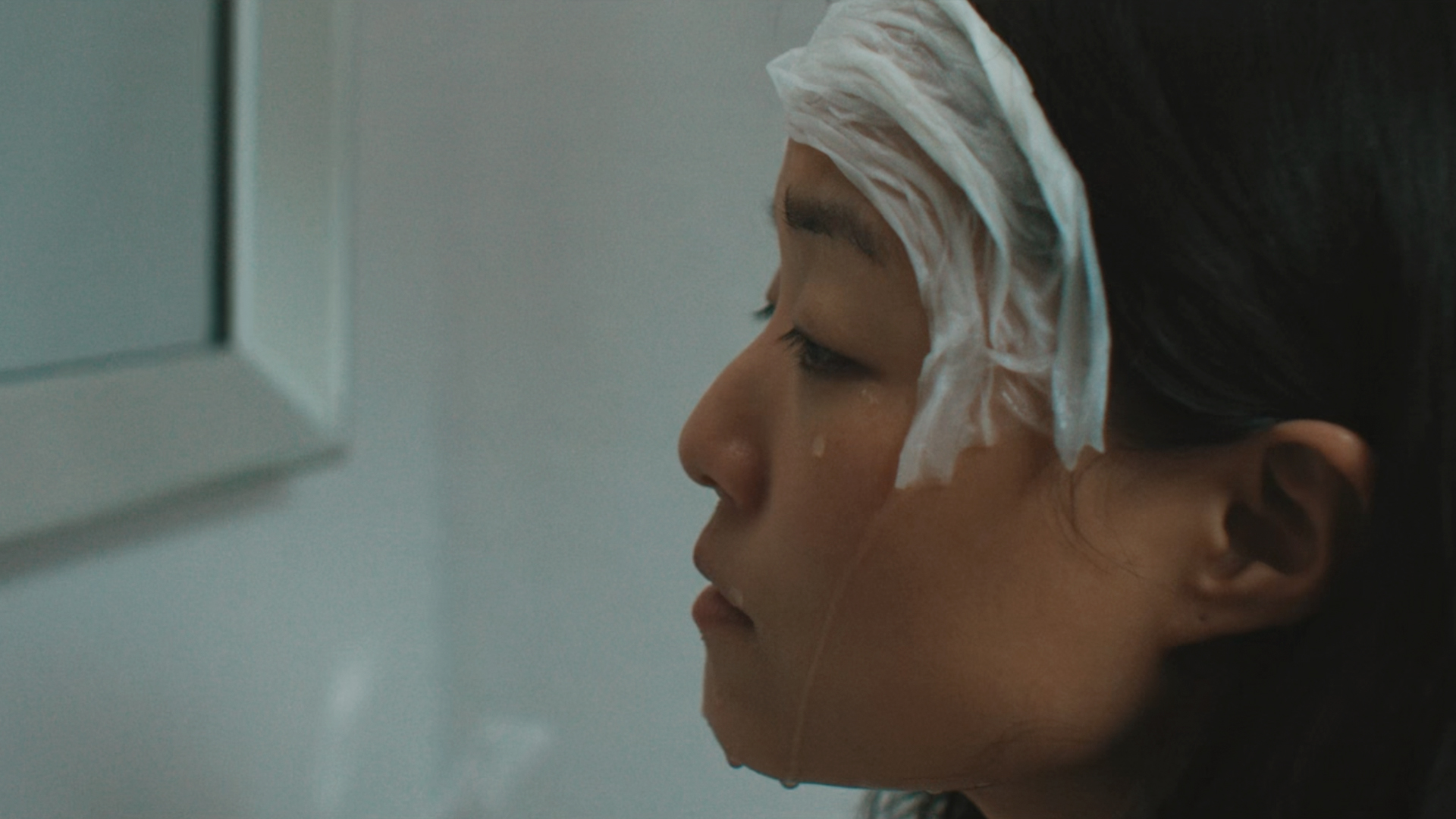 With its haunting portrayal of a woman on the edge and its compassionate lens on addiction and family, Surrender is not just a film -it’s an act of care. Jess Dang invites us into a world where healing is messy, recovery is nonlinear, and storytelling can be both mirror and medicine.
With its haunting portrayal of a woman on the edge and its compassionate lens on addiction and family, Surrender is not just a film -it’s an act of care. Jess Dang invites us into a world where healing is messy, recovery is nonlinear, and storytelling can be both mirror and medicine.

 tweet
tweet share
share